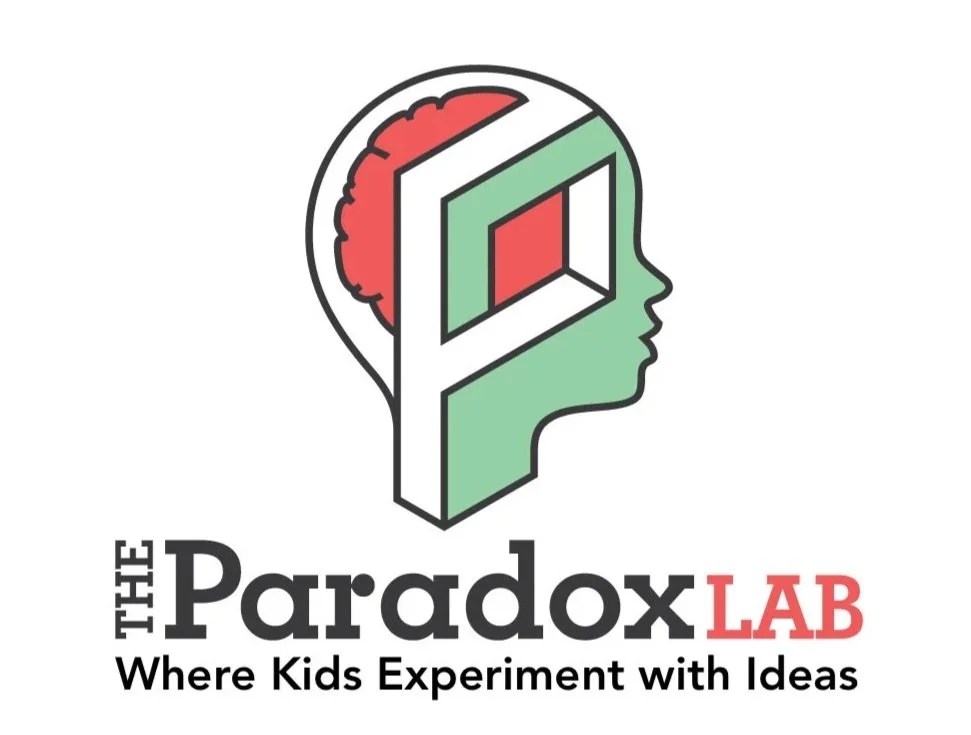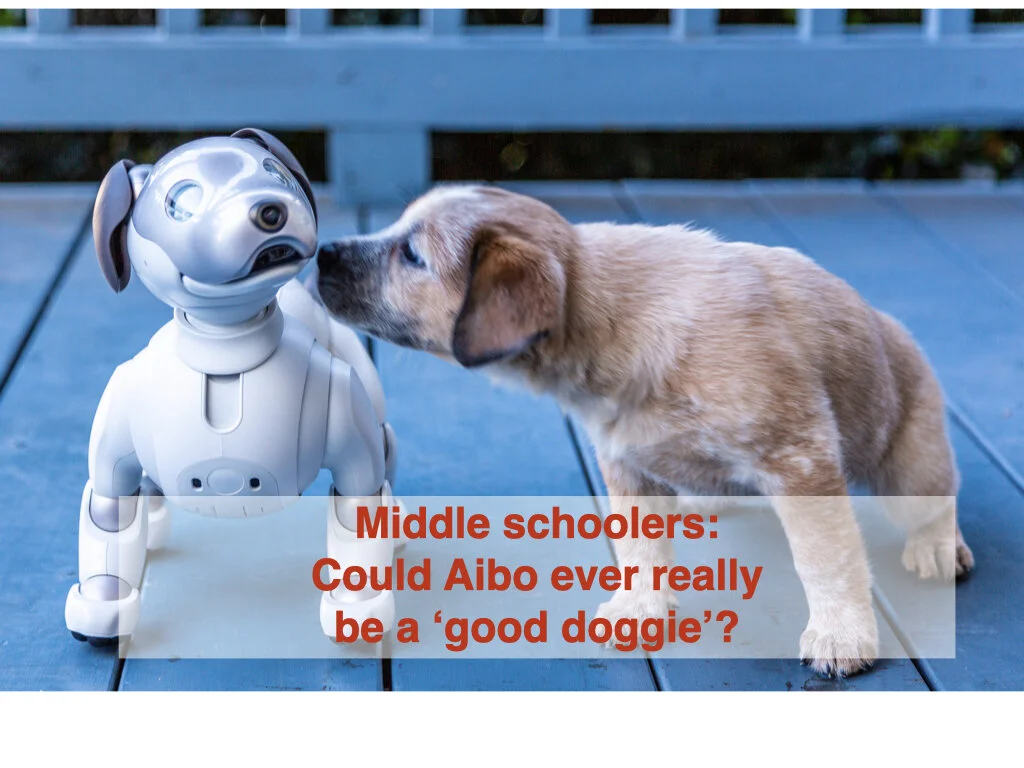Our Mission
To engage children and adults in the art of discovery through critical thinking, creative problem-solving, and philosophical inquiry.
In this age of misinformation, job insecurity, and polarized echo chambers, fostering communities of inquiry is more important than ever! More about our Mission.
Watch our Introductory Video:
Are you looking to sharpen your critical thinking skills and those of your children, students, workplace, or community? Do you crave playful, respectful, nuanced discussion about the world’s most enduring human puzzles? Subscribe below to stay up to date on our events, classes, and discussion boards. You can also email us with a special request!



